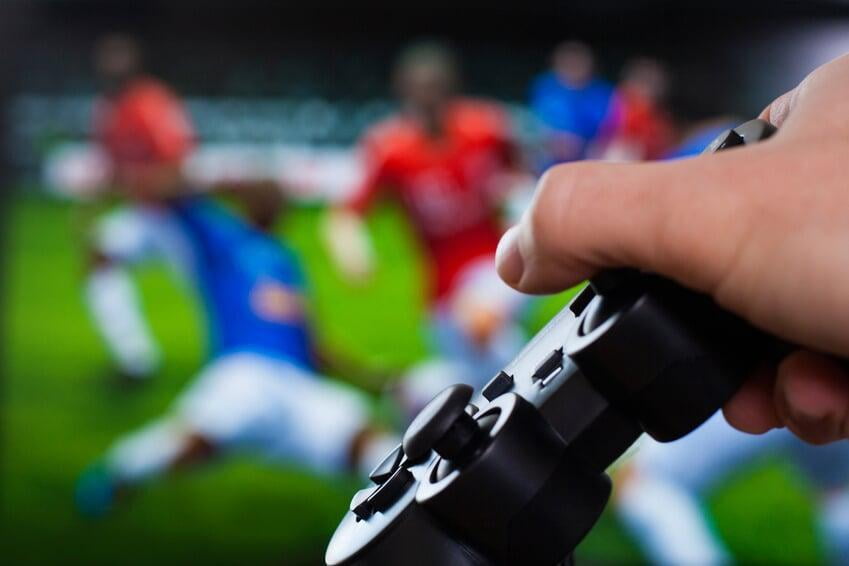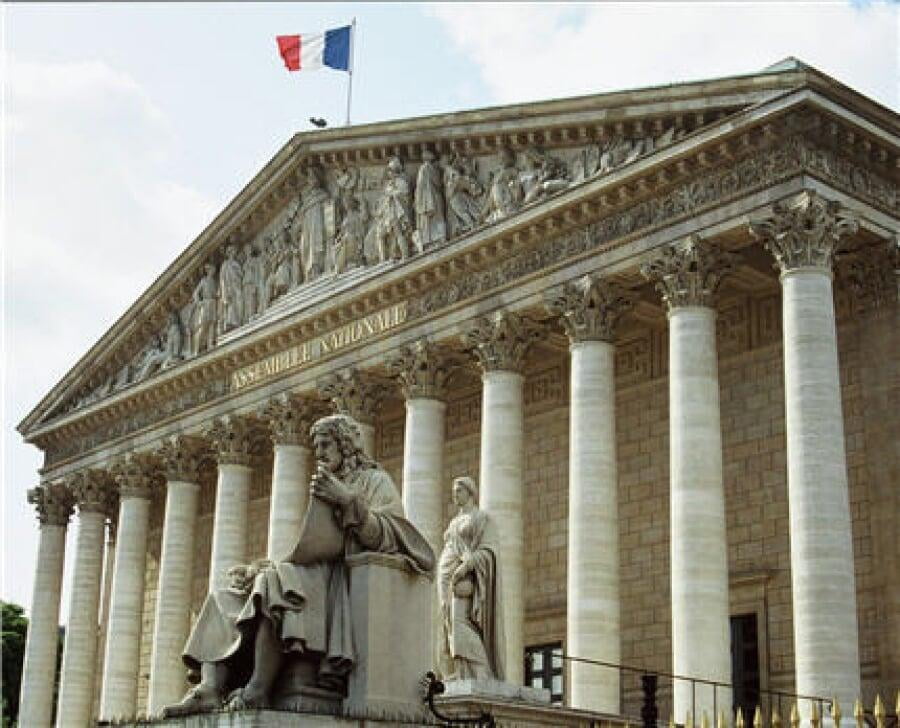While the PSG qualified its team of Rocket League for the worldwide, the Secretary of State for Digital, Mounir Mahjoubi, announced, in Rennes, the 3th October, 2017, to develop e-sport in France during its meeting with digital actors.
La Law for a Digital Republic n ° 2016-1321 of October 7, 2016 recognition of the development of electronic sport by the public authorities (I) and the need to provide a legal framework for e-sport competitions (II).
I - Definition of e-sport
A) Is e-sport a sport?
" all forms of physical activity which, through organized or unorganized participation, are aimed at the expression or improvement of physical and psychic condition, the development of social relations or the attainment of competitive results at all levels ".
However, the definition of the European Sports Charter does not find its counterpart in the French domestic order, as is pointed out in the preliminary draft parliamentary:
" Moreover, the mission wishes to point out that the Ministry of Sports, and more generally the law and regulations, do not retain a univocal definition of sport. The Council of State, in its case law, retains the method of the cluster of clues (CE, March 3, 2008, federation of aquatic activities of awakening and leisure, n ° 308568): the main clues are those of the search for physical performance (this performance can be a question of skill, reflexes and precision, not necessarily involving a significant caloric expenditure), the regular organization of competition and the well-defined nature of the competition rules ".
The Asian Games of 2022, held in China, have integrated e-sport with sports medalists, which seems to be a first step towards the recognition of e-sport by the International Olympic Committee (IOC). The press release of the Asian Olympic Committee, which also mentions the participation of e-sport in the Olympic Games of indoor martial arts in September 2017, mentions certain video games that may be involved in the Olympic competition: FIFA 17, MOBA (Multiplayer Online Battle Arena such as League of Legends) and RTA (Real Time Attack) games.
B) The definition of e-sport in the French internal order
"a video game competition confronts, from a video game, at least two players or teams of players for a score and a victory".
"II. - A video game is any recreational software made available to the public on a physical or online medium integrating elements of artistic and technological creation, offering to one or more users a series of interactions based on a frame scenario or simulated situations and translated into animated images, sound or not".
" Any person whose paid activity involves participation in video game competitions in a relationship of legal subordination with an association or a company enjoying an authorization from the Minister in charge of digital [...] ".
II - The new legal framework for e-sport competitions
A) The absence of a national federation of e-sport
Neither the parliamentary report nor the Law for a Digital Republic recognize e-sport as a sport. The parliamentary report further supports the view that " the sector of the competitive video game appears in fact today too too little structure to constitute in an approved federation "The creation of a federation would however have allowed a better organization and better control of the competitions, in particular through the disciplinary chambers.
Private initiatives in the sector have, for the time being, come to compensate for this lack of "sports" federation (approved or delegated). For example, the 27 April 2016, actors, players, fans and publishers of the Esport in France created the "Association France Esport, under the impetus of the Ministry of the Economy and the Secretariat in charge of Digital. It is a non-profit association 1901, aiming to develop the activity. In the same way,French Agency for Video Game is designed to promote employment and entrepreneurship within the French community of designers, producers, publishers and distributors of multimedia works and to promote their innovations, technical, artistic and intellectual creations.
B) Authorization in Principle Subject to Ministerial Approval
In the absence of a single federal entity, the Law for a Digital Republic had to define a specific framework for e-sport competitions. In the previous regime, the organization of video games competitions belonged to the legal framework of lotteries and gambling since they rewarded players with financial gain and were therefore subject to a prohibition in principle of physical lotteries under of Article 322-1 of the Internal Security Code:
"Lotteries of any kind are prohibited".
The organizers had to obtain derogations in order to organize the events and competitions which was binding for the organizers as well as for the players and the sponsors.
The Law for a Digital Republic allows the legalization of competitions which will now have a specific status of authorization in principle subject to ministerial approval concerning the integrity of competitions and the fight against fraud (42 article of the text of the "small law" enacting Law No. 2016-1321). The new articles R. 321-40 to R. 321-50 of the Code of Internal Security, Decree No. 2017-871 of the 9 May 2017, specify the elements of the declaration to be filed with the Ministry of the Interior at least 30 days before the start of the competition. It must include:
1 ° The name, first name, date and place of birth of the organizer or his legal representative and a digital copy of his identity document;
2 ° The address, telephone number and e-mail address, as well as the website of the organizer and, where applicable, its business name;
3 ° The game (s) used for the competition;
4 ° The venue, dates and duration of the competition;
5 ° The number of participants expected;
6 ° If applicable, the mention of the television or streaming of the competition;
7 ° The designation of the equipment supporting the competition; ...
This Law does not, however, include paid online competitions for which the risk of fraud is too high or bets made during e-sport competitions which are still prohibited under Article L. 322-1 of the Code of security.
To conclude:
By the Law for a Digital Republic, e-sport incorporates the Code of Internal Security and not the Sport Code, which does not make it possible to answer with certainty the question of the recognition of e-sport as as a sport in its own right.
Nevertheless, the Law allows the development of competitions, as well as their supervision by the public authorities. It is important to carry out the registration and approval procedures with the utmost caution.
This precaution is also required when signing a contract of employment with a player [article to be found soon on our site].











